As we enter the final months of the year, we’ll soon be unveiling our favorite cinema in a variety of distinctions and categories, leading up to our best films of the year list. In the meantime, it’s time to play catch up. Along with our updated lists of the best films playing in theaters and weekly streaming picks, we’re taking a look at the offerings of November: historical epics, riveting documentaries, impressive debuts, and the return of one of the most imaginative filmmakers to ever contribute to the craft.
15. Dream Scenario (Kristoffer Borgli; Nov. 10 limited)
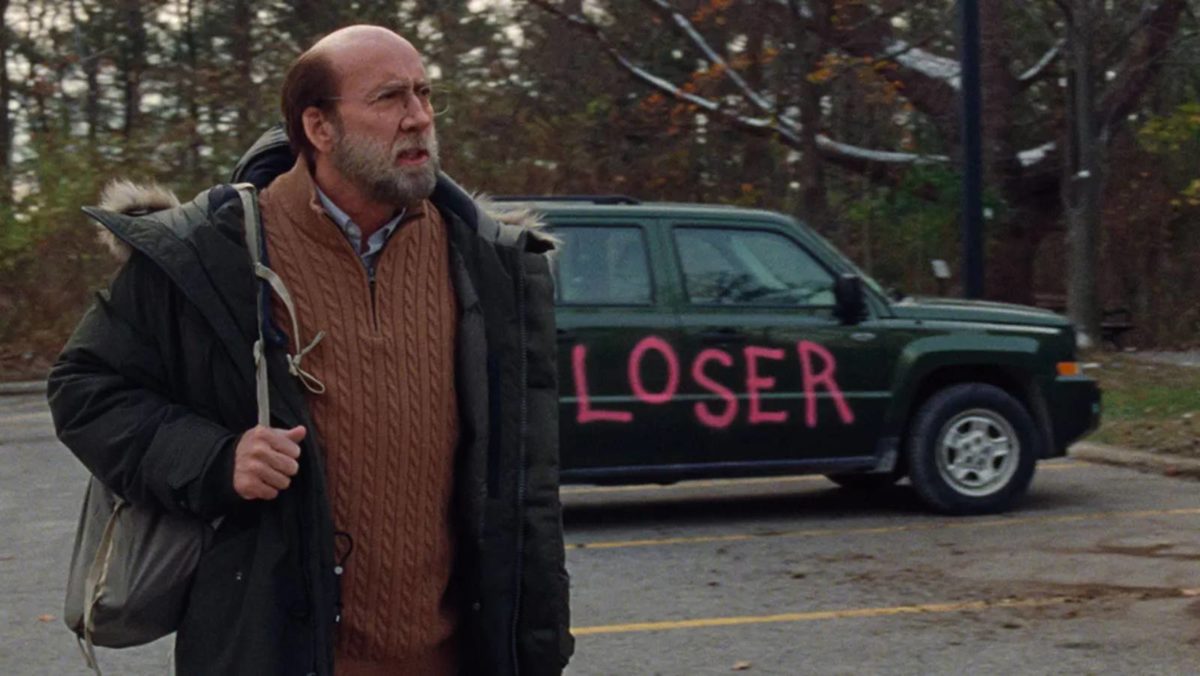
In a rare feat, Kristoffer Borgli premiered his second U.S. release of the year after the jet-black Norwegian comedy Sick of Myself. Teaming him with Nicolas Cage, the Ari Aster-produced Dream Scenario premiered at TIFF and I found at least the first half to be quite an entertaining, sharp Kaufman-esque psychological character study. C.J. Prince said in his review, “It all sounds promising, and for a time Borgli rises to the occasion with a compelling, satirical high concept. But most of the goodwill Dream Scenario builds in its first half goes away once Borgli degrades the story into a facile, reactionary attack against cancel culture.”
14. Maestro (Bradley Cooper; Nov. 22 in theaters and Dec. 20 on Netflix)
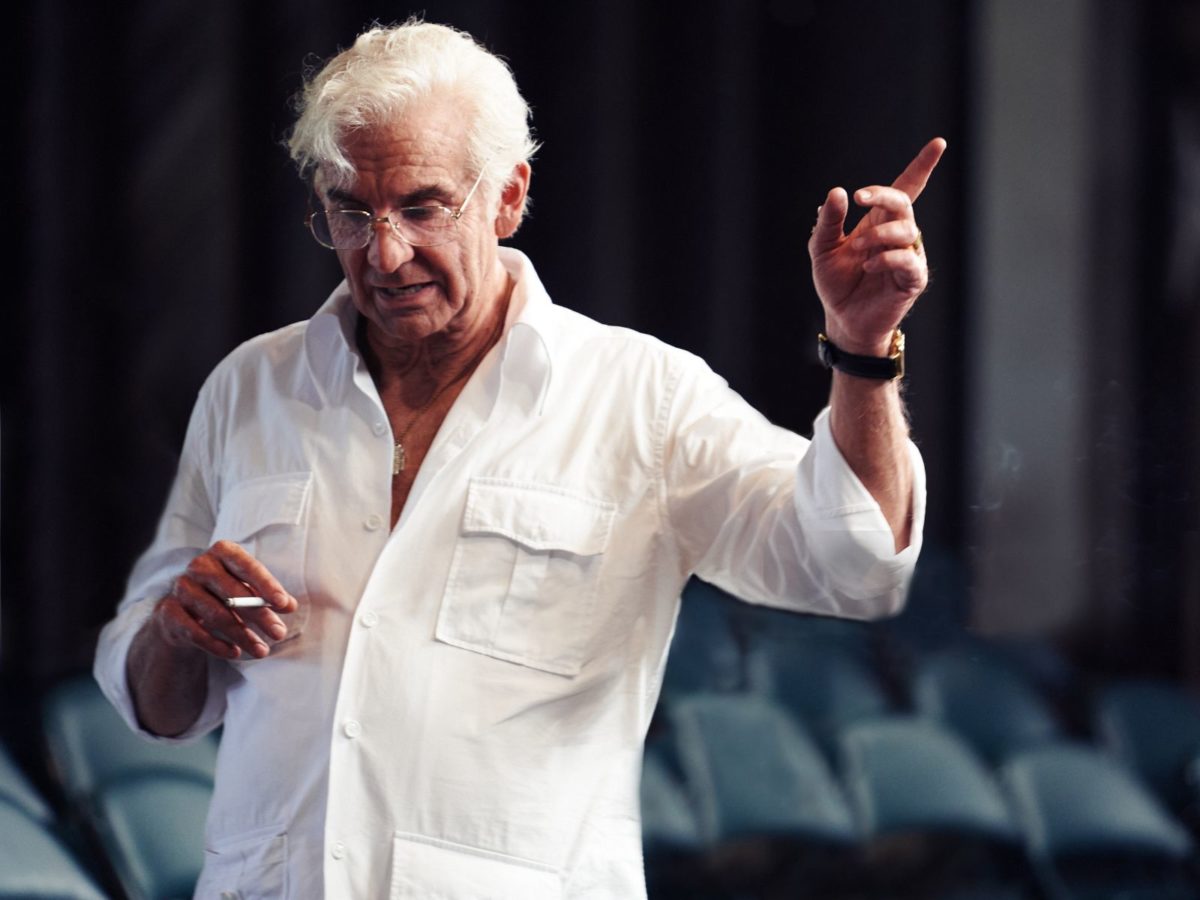
A more daringly directed outing than his debut A Star Is Born, the first act of Bradley Cooper’s Maestro is a rather dazzling immersion into the mind of Leonard Bernstein, even boasting a dash of Wellesian flourishes. While the last half succumbs to some more conventional biopic tropes that should sit well with the Academy, Maestro presents an interesting directorial transition for Cooper even as his ego-driven performance can swallow certain scenes. David Katz said in his review, “He certainly finds a savvy, timely angle to approach Bernstein’s story, with the attendant, large flaw that it actually writes its ostensible subject somewhat out of his own film. Rather than a film about music or Jewish-American assimilation (my, was Oppenheimer surprisingly good on this topic) Maestro is about the closet, and not always in a despairing or punitive sense. “
13. Monster (Hirokazu Kore-eda; Nov. 22 limited)
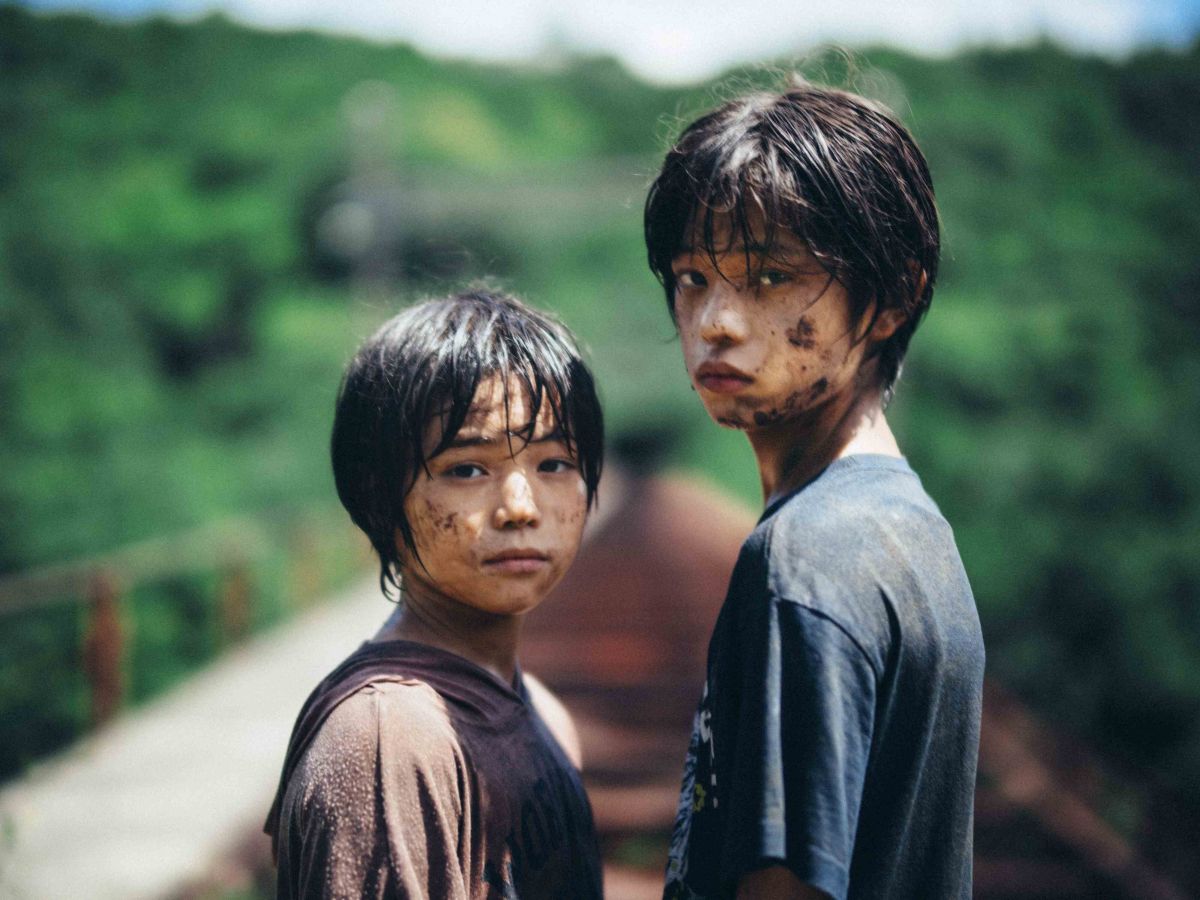
Winner of Best Screenplay at Cannes Film Festival this year, Hirokazu Kore-eda’s new drama Monster features one of Ryuichi Sakamoto’s final scores and tells a story of traumatic adolescence from a trio of perspectives. Luke Hicks said in his review, “Few stories are as gratifying as the narrative jigsaw. How to fool the viewer into believing one thing without lying about what happened? It’s difficult enough to execute on the page, but much more can be hidden in writing. With film it’s a matter of obscuring the context of what we both see and hear, which requires some trickery. Like any sound cinematic tool, it can be misused and abused (see: the MCU), but with tasteful restraint it can be the backbone of a masterclass in mystery. See: Monster.”
12. What Happens Later (Meg Ryan; Nov. 3 wide)
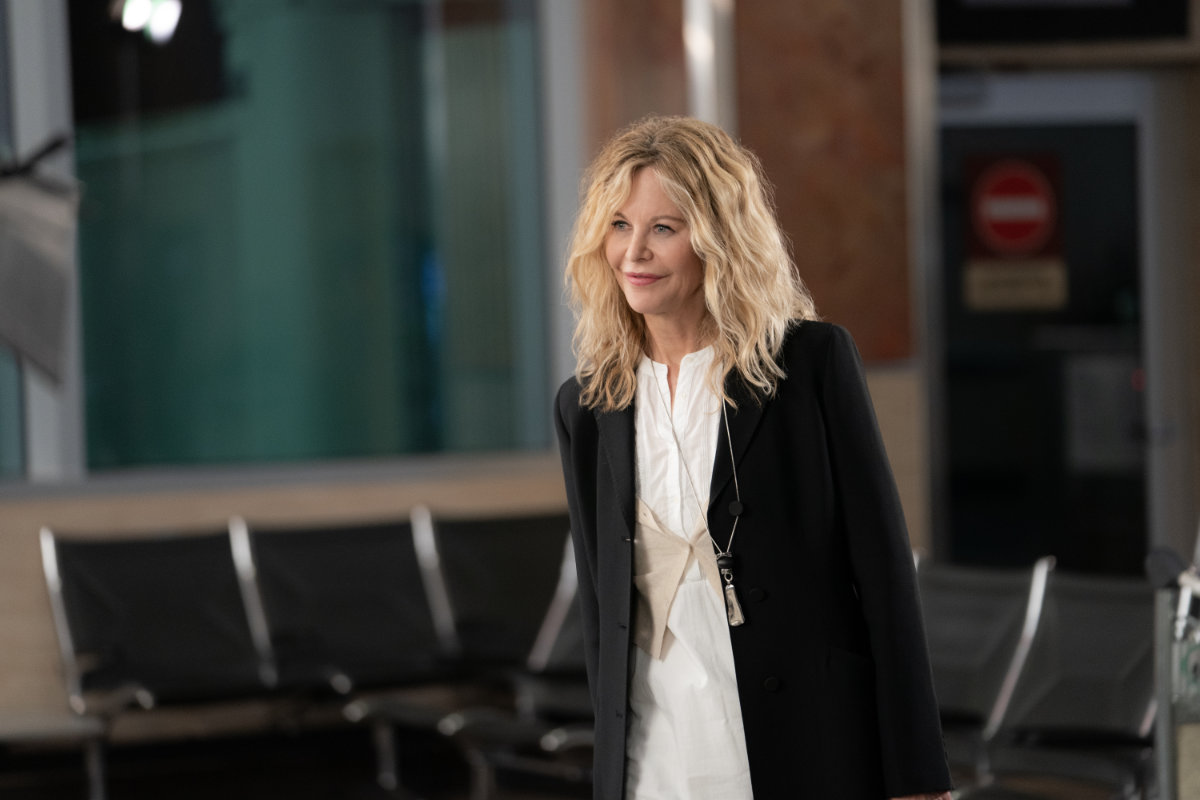
While her directorial debut Ithaca arrived nearly a decade ago without much fanfare, Meg Ryan is back this fall in a genre she knows well. The rom-com What Happens Later follows ex-lovers Bill (David Duchovny) and Willa (Meg Ryan), who get snowed-in at a regional airport overnight. There hasn’t been much early buzz for the film, but with a wide release this week, we’ll get word soon.
11. Orlando, My Political Biography (Paul B. Preciado; Nov. 10 limited)
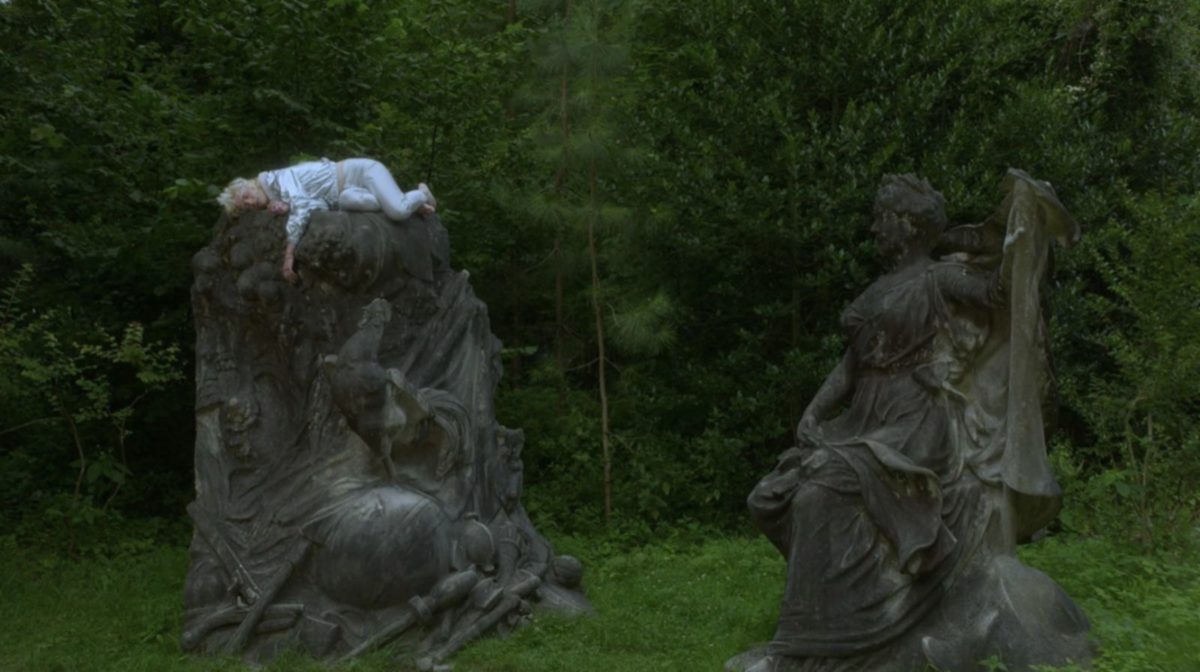
Few 2023 features have made a streak comparable to Orlando, My Political Biography, the sole documentary to play in main slates for Telluride, TIFF, and NYFF––after winning the Special Jury, Best Documentary, Tagesspiegel Reader’s Jury, and Special Mention prizes at Berlinale. As Rory O’Connor said in his review, “Enter Paul B. Preciado, the celebrated French author of Testo Junkie and An Apartment on Uranus, and one of the most revered voices in that discourse. Orlando, My Political Biography, Preciado’s new work––and his first behind the camera––is the latest to tackle Woolf’s text and surely one of the most original to do so. It’s structured as both a correspondence—messages from the writer to Woolf—and a series of kaleidoscopic vignettes starring trans and non-binary people. In various ways––deeply heartfelt, often funny, occasionally repetitive but never less than joyous––the performers speak about their relationship with the text through personal experiences while, in voiceover, Preciado distills a life spent grappling with the novel (both as intrepid reader and discerning academic) into a poetic and philosophical treatise, providing a robust foundation for the more earnest emotions onscreen.”
10. Napoleon (Ridley Scott; Nov. 22 wide)
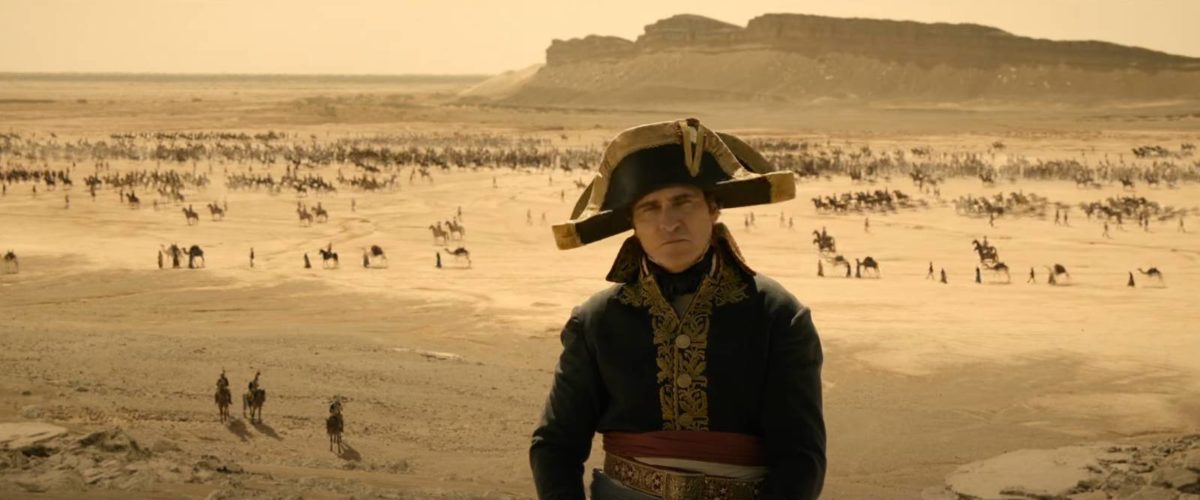
Ridley Scott was already in production on his Gladiator sequel before the strike commenced, but it’s not the only epic coming soon from the director. His Napoleon Bonaparte biopic, led by Joaquin Phoenix, will now get a release timed for Thanksgiving following a festival premiere at EnergaCAMERIMAGE. A perennially-overlooked talent for his adaptability across genres, Scott usually does well in this bombastic historical epic mode (Exodus aside) and we look forward to his reunion with one of the most engaging actors working today.
9. Smoke Sauna Sisterhood (Anna Hints; Nov. 24 limited and January 23 VOD)
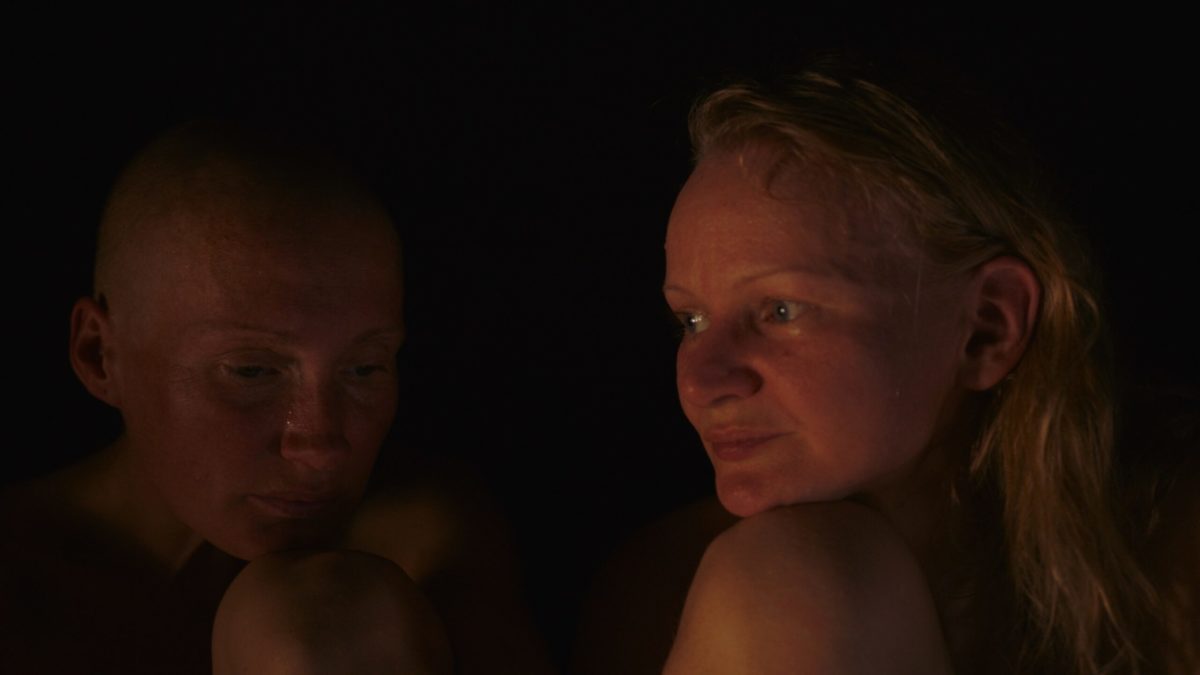
An intimate, moving documentary of womanhood, this Sundance Film Festival highlight went on to not only pick up the Directing Award of World Cinema Documentary at the festival but also secured Estonia’s official selection as their Oscar entry for Best International Feature. Here’s the official synopsis: “Women share their innermost secrets and intimate experiences inside an Estonian smoke sauna. Cleansing their bodies and baring their souls, they embrace the healing power of sisterhood. Anna Hints’ Sundance-winning documentary celebrates the centuries-old smoke sauna tradition, recognized on the UNESCO Representative List of the Intangible Cultural Heritage of Humanity.”
8. Youth (Spring) (Wang Bing; Nov. 10 limited)
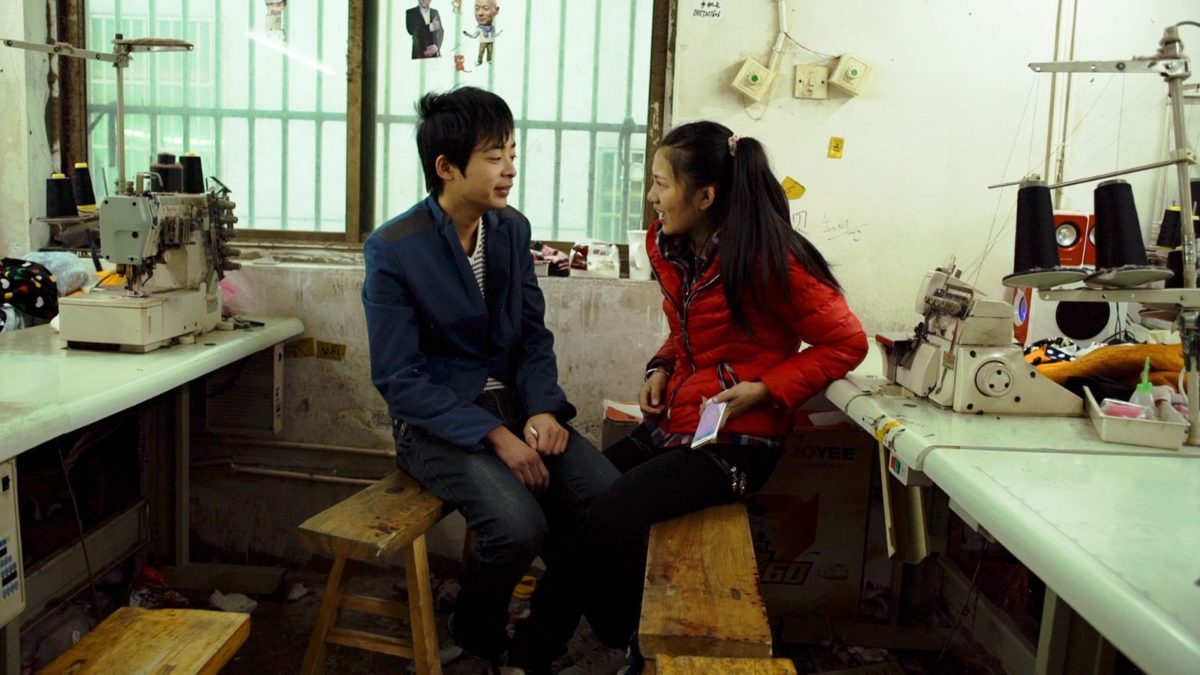
Wang Bing might not have released any new films in the last half-decade, but that is only because he’s been hard at work shooting his new trilogy. Captured between 2014 and 2019, the director’s new project documents the social and economic transformation of 21st-century China through the eyes of young migrant workers laboring in textile factories in the town of Zhili, outside Shanghai. Ethan Vestby said in his review, “Wang Bing’s Youth (Spring) is the first of a supposed trilogy shot from 2014 to 2019 chronicling Millennial and Gen Z (consciously always listing the age when onscreen text introduces a new character) China. And judging by the three-and-a-half-hour runtime, it seems like many of them are toiling away in factory settings where pop music blasting off iPhone speakers or the radio (including a Pitbull song I Shazam’d) intersects in the sonic landscape with the running of the machines. Yes, in Godard’s fashion we have to endure the sounds, but Wang Bing’s mission statement is very different. After all, what’s eternally moving about the veteran documentarian is his deep earnestness.”
7. A Still Small Voice (Luke Lorentzen; Nov. 10 limited)
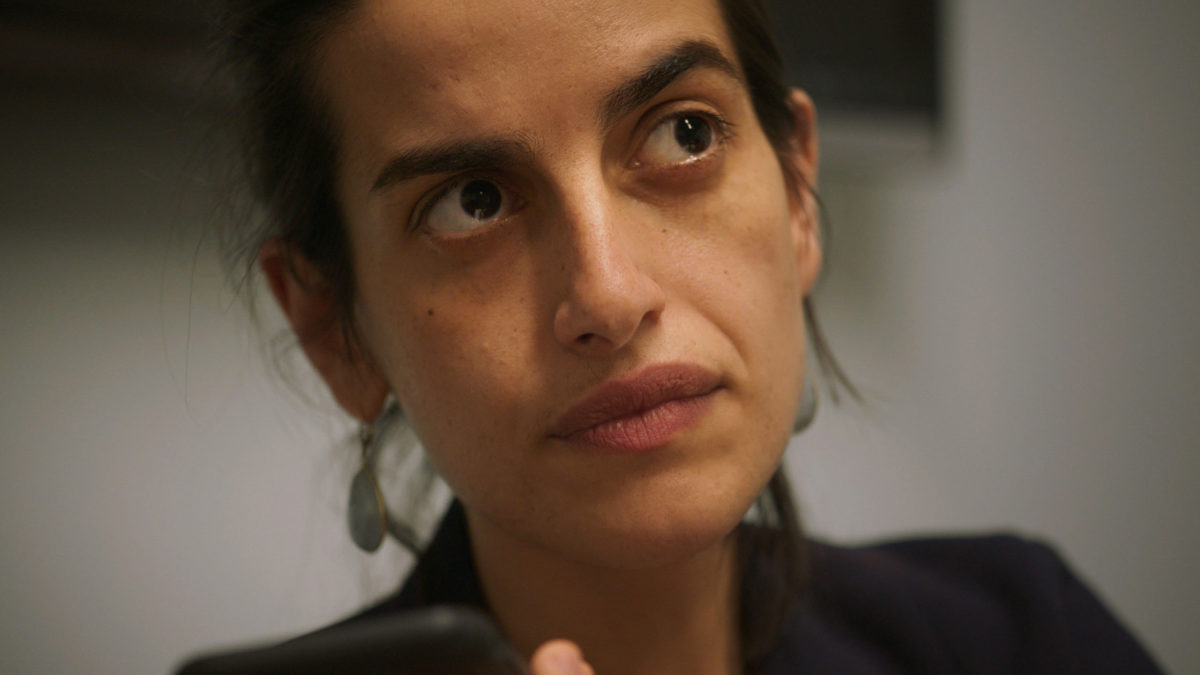
One of the most riveting, harrowing documentaries of the year finally has a home. After premiering at Sundance Film Festival earlier this year, where it picked up the Directing Award in its U.S. Documentary section, Luke Lorentzen’s Midnight Family follow-up will now arrive in theaters this month. Dan Mecca said in his Sundance review, “At times shockingly personal, the documentary A Still Small Voice will sneak up on most viewers. It follows both Margaret “Mati” Engel, a chaplain-in-training at Mount Sinai Hospital in New York City, and Reverend David Fleenor, Director of Education at Mount Sinai and Mati’s direct supervisor. As Mati navigates both her faith and job while comforting patients daily, David struggles to maintain the passion for his work while doing his best to offer guidance to residents.”
6. Fallen Leaves (Aki Kaurismäki; Nov. 17 limited)
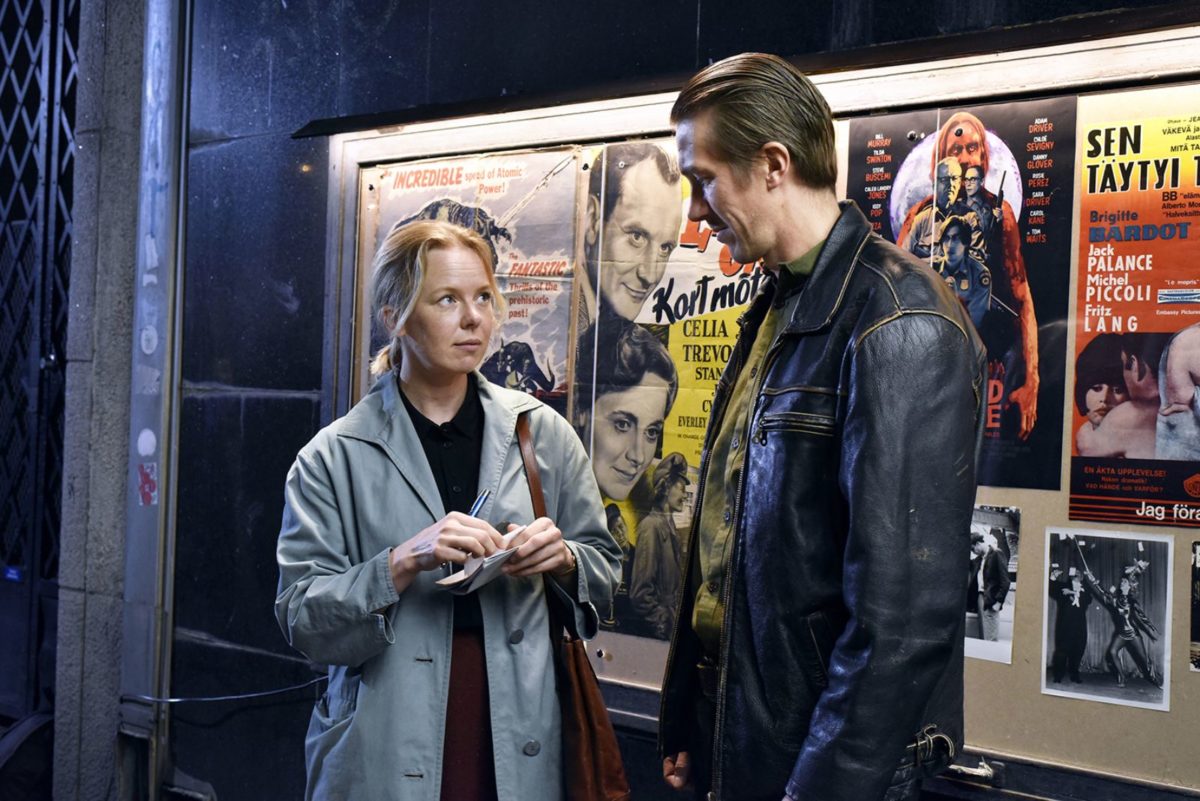
With almost twenty narrative features to his name, Aki Kaurismäki is one of the most consistent directors in terms of quality that is working today. Now returning with his first film in over half-a-decade, Fallen Leaves picked up the Jury Prize from this year’s Cannes and was selected as Finland’s Oscar entry. Rory O’Connor said in his Cannes review it’s “a charming, moving, bittersweet romance packed with all the lovely things we’ve come to associate with him after four decades.” As he continued, “The locations and colors still come in admirable shades of mustard and pea soup––as do the characters and their moods. As a film, Fallen Leaves could hardly be simpler––two people living separate, lonesome lives meet and maybe fall in love––but there is beauty in that simplicity and, as ever, Kaurismäki’s characters live far richer inner lives.”
5. May December (Todd Haynes; Nov. 17 in theaters and Dec. 1 on Netflix)
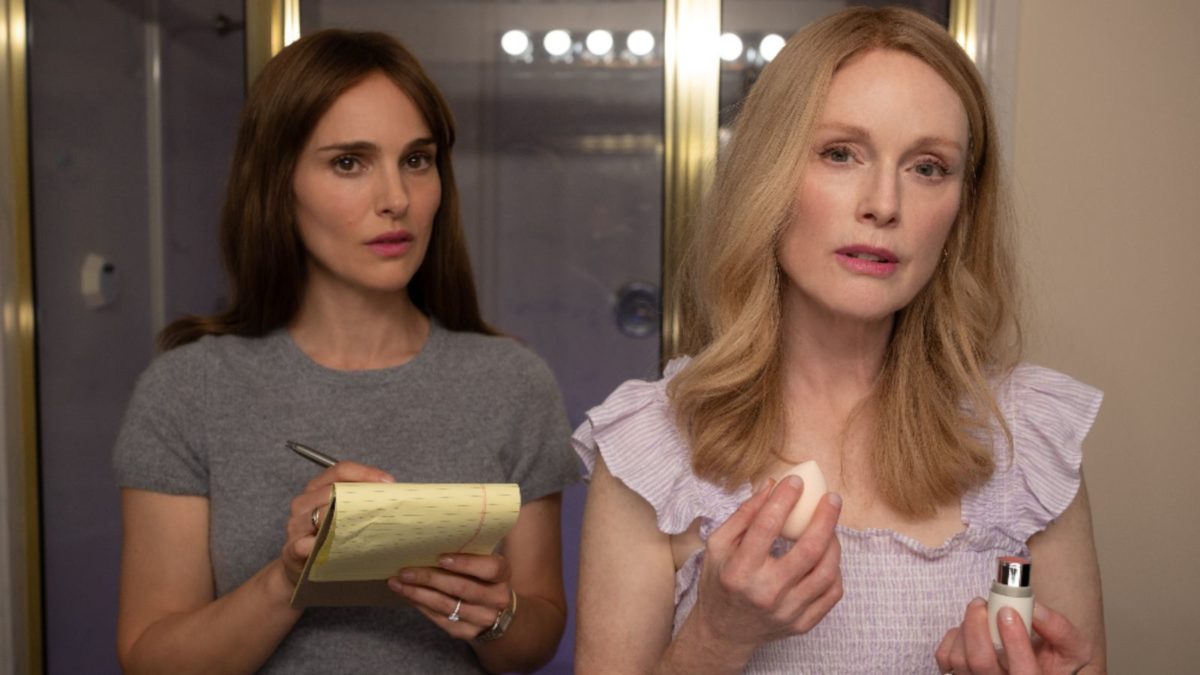
A stand-out at this year’s Cannes Film Festival, Todd Haynes’ deliciously entertaining May December, will get a theatrical release this month before arriving on Netflix next month. Luke Hicks said in his Cannes review, “Haynes seems most interested, still, in the suburbs, the distinctly American areas where people like Gracie, or Safe’s Carol, or Far from Heaven’s Cathy exile themselves to collapse beneath a cautious, isolated existence surrounded by all their favorite things, recently dusted. He revels in the droll glamor and self-imposed histrionics of suburban culture through Gracie; he highlights the epistemic relativism inherent to the story through Elizabeth. It’s some of his finest work in capturing suburban life.”
4. Menus-Plaisirs Les Troisgros (Frederick Wiseman; Nov. 22 limited)
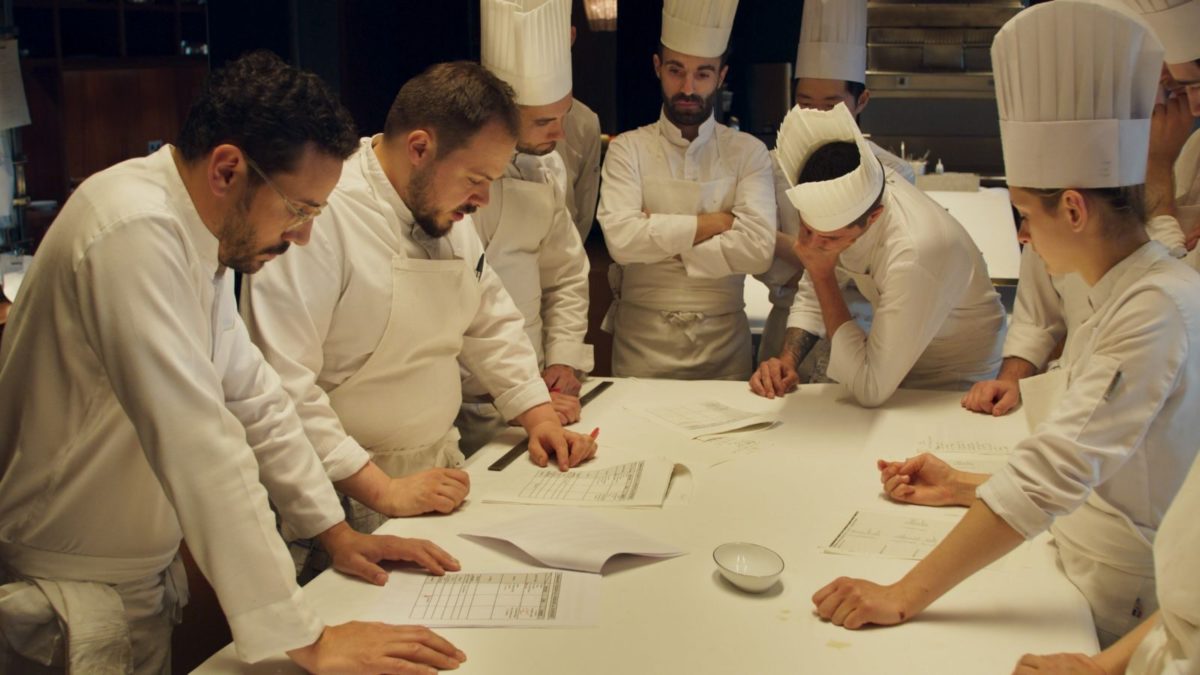
Four hours of Frederick Wiseman capturing the inner workings of a three-star Michelin restaurant in France is as glorious as that logline sounds. The delightful, breezy Menus-Plaisirs Les Troisgros, a selection at Venice, TIFF, and NYFF, will now kick off its run at Film Forum this month just before Thanksgiving. Rory O’Connor said in his review, “The first of Menus-Plaisirs Les Troisgros‘ four hours moves as quick as a glacier. Herbs are inspected at a farmer’s market. Two chefs weigh up the benefits of pike and zander. Fans of Frederick Wiseman, immediately recognizing these rhythms, know to sit back and relax: his cinema is usually as taxing as a breath of air––probably as good for the system. Plaisirs is Wiseman at his most indulgent. There is a section that goes in deep on how cheese is aged. There is a visit to a beekeeper and another to a vineyard. But Plaisirs‘ 240 minutes are mostly spent charting a day in the life at Troisgros, one of the oldest three-Michelin-starred restaurants in the world. Suffice it to say: do not enter on an empty stomach.”
3. Priscilla (Sofia Coppola; now in limited release and Nov. 3 wide)

Amongst the very best films of the year, Sofia Coppola’s Priscilla is a pitch-perfect look at the darker side of Graceland, refiguring the legacy of Elvis (Jacob Elordi) solely through the eyes of Priscilla Presley (a wonderful, Venice-winning performance by Cailee Spaeny). Luke Hicks said in his rare A-grade Venice review, “There’s no big screaming match in Priscilla, no takedowns, no zingers. It’s a refreshing and unexpected choice for a movie that ends in divorce. A child of her father, Coppola has a sixth sense for the language of cinema, for communicating complex themes effectively without being heavy-handed or coercive. Take, for instance, the Vegas phase. It seems like a unwieldy period to cover, but she tells us everything we need to know in two shots, the weight of a feature within them: Elvis at rock-bottom in his legendary Vegas penthouse, a cave-like darkness swallowing him and hellish neon glow pulsing through the windows as if he’s trapped inside a lit cigarette, each drag from the giant demon smoking it a soul-sucking experience; then Priscilla in Los Angeles, in the sun, meeting new people, laughing, smiling, open––as simple (and rewarding) as a great conversation.”
2. All Dirt Roads Taste of Salt (Raven Jackson; Nov. 3 limited)

Raven Jackson’s directorial debut All Dirt Roads Taste of Salt is a distillation of cinema to its purest form, a stunning patchwork of experience and memory. Daring in its formal gambits but universal for how it explores humanity’s connection with nature, loss, and love, it’s among few films in the history of Sundance that genuinely seems to advance the language and possibilities of cinema. With adoring notes of Terrence Malick, Andrei Tarkovsky, Carlos Reygadas, and Julie Dash, Jackson isn’t wholly reinventing what has come before, but rather pushing this poetic-based variety into thrilling new territories. Continue reading my review.
1. The Boy and the Heron (Hayao Miyazaki; Nov. 22 limited and Dec. 8 wide)

While Hayao Miyazaki’s long-awaited animation, his first in a decade, won’t get a wide release until next month, those in NYC will get an early look timed with Thanksgiving. The Boy and the Heron is cinema at its most boundlessly imaginative, a journey of thrilling, pure dream logic chock full of images that feel conjured from the deepest corners of Miyazaki’s mind. Ethan Vestby said in his review, “What defines The Boy and the Heron is its wistful feeling of looking back. Its form––being atypical to the current direction of animation in his home country is, as a gesture, nostalgic in and of itself––and more importantly content both suggest an elderly man returning to his oldest wounds. The air of “last dance” hangs over every venture into another dimension. Its final image, shockingly quaint, perhaps ranks up there with Dreyer’s Gertrud.”
More Films to See
- Radical (Nov. 3)
- Rustin (Nov. 3)
- The Stones and Brian Jones (Nov. 7)
- Stamped from the Beginning (Nov. 10)
- Manodrome (Nov. 10)
- Defending My Life (Nov. 11)
- Saltburn (Nov. 17)
- The Disappearance of Shere Hite (Nov. 17)
- American Symphony (Nov. 24)
- Against the Tide (Nov. 24)
